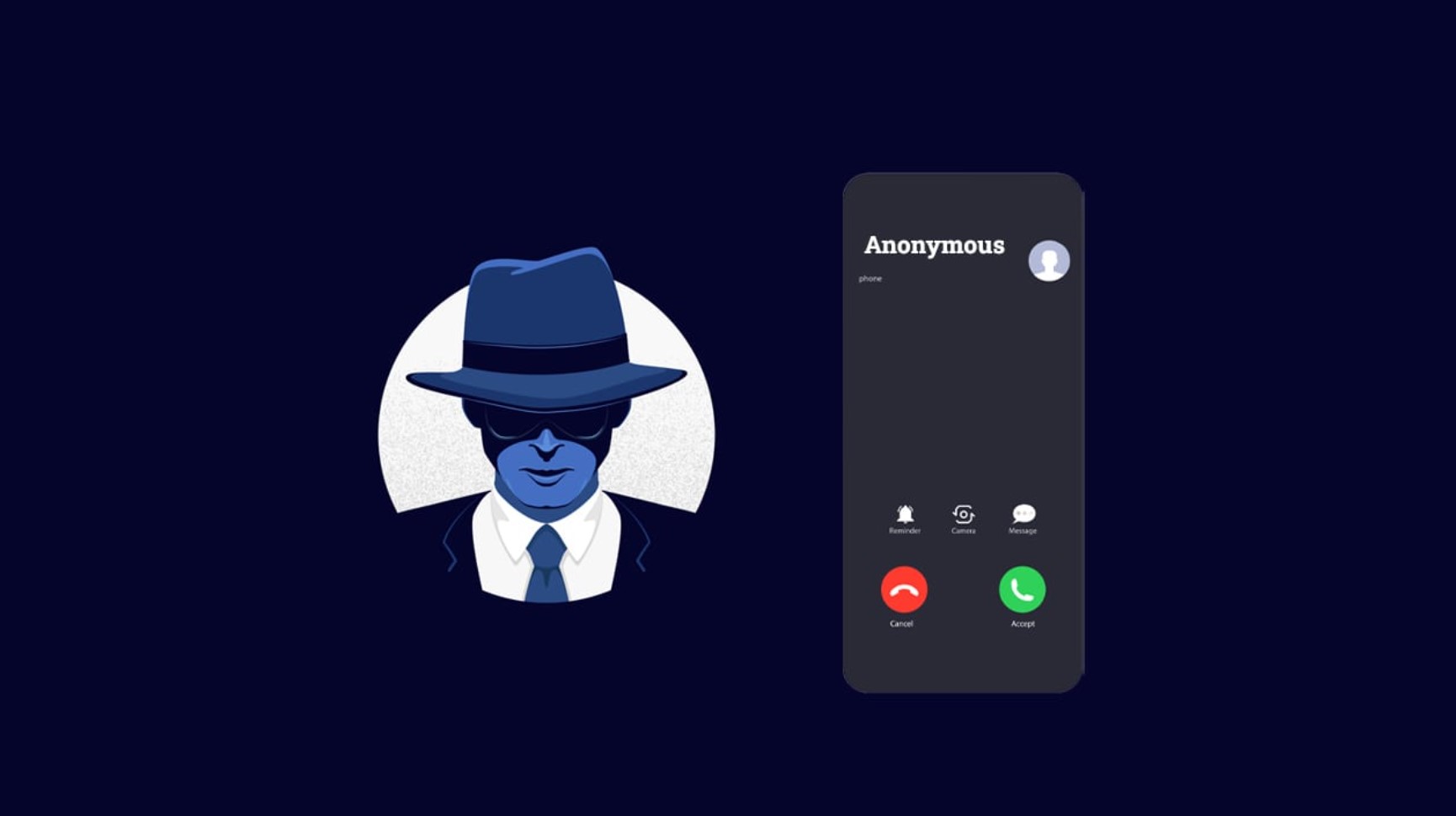
How to Make An Anonymous Phone Call?
When making an anonymous phone call, the goal is to ensure that your identity remains hidden from the recipient of the call. While it’s important to note that complete anonymity is challenging in today’s interconnected world, there are methods you can employ to enhance your privacy and reduce the risk of your identity being traced.
Why would someone want to make an anonymous phone call?
There are several reasons why someone might choose to make an anonymous phone call. It could be for personal safety, such as reporting a crime without revealing their identity. Journalists and whistleblowers may also use anonymous calls to protect their sources and maintain confidentiality. Additionally, individuals involved in sensitive legal matters or who simply value their privacy might find anonymous phone calls beneficial.
Understanding the risks and legal considerations
Before diving into the methods of making anonymous phone calls, it’s crucial to understand the risks and legal considerations involved. While the desire for anonymity is understandable, it’s important to stay within legal boundaries. Each jurisdiction may have its own laws and regulations regarding anonymous calls, so it’s essential to research and understand the legal implications in your area.
Methods for making an anonymous phone call
▪ Using a burner phone
- One common method is to use a burner phone, which is a prepaid device that can be easily discarded or replaced. By purchasing a burner phone with cash and without providing personal information, you can make calls without directly linking them to your identity.
▪ Using anonymous call services
- Anonymous call services are another option for making anonymous phone calls. These services route your call through a third-party network, making it challenging to trace the origin of the call. However, keep in mind that some of these services may require a fee and may not be available in all locations.
▪ Using internet-based calling apps
- Internet-based calling apps, such as Voice over Internet Protocol (VoIP) services, offer a convenient way to make anonymous phone calls. These apps allow you to use an internet connection to make calls, masking your phone number and location. It’s important to choose reputable and secure apps to ensure your privacy.
Tips for maintaining anonymity
While the methods mentioned above can help you make anonymous phone calls, there are additional steps you can take to maintain your anonymity effectively. Consider the following tips:
▪ Disabling caller ID
- Most phones allow you to disable caller ID, preventing your number from being displayed to the recipient. By turning off this feature, you add an extra layer of anonymity to your phone call.
▪ Changing voice and speech patterns
- If you’re concerned about your voice being recognized, consider altering your voice and speech patterns during the call. This can be done by speaking softer or louder, using different accents, or intentionally altering your speech rhythm.
▪ Avoiding personal details
- To further protect your identity, avoid sharing personal details during the call. Refrain from mentioning your name, address, or any other identifying information that could potentially be used to trace your identity.
▪ Using public or disposable phones
- When making an anonymous phone call, it’s advisable to use public phones or disposable phones that can be easily discarded. This prevents the call from being linked to your personal phone or associated with your identity.
▪ Encrypting communication
- For added security, consider using encrypted communication methods. Encrypted messaging or calling apps provide an extra layer of protection by encoding your conversations, making it difficult for eavesdroppers to intercept or decipher your communication.
Risks and limitations of making anonymous phone calls
When considering making anonymous phone calls, it’s crucial to be aware of the potential risks and limitations involved. While anonymity is desired, it’s important to understand the challenges and vulnerabilities that can arise. Below are some key risks and limitations associated with making anonymous phone calls:
| Risks and Limitations | Description |
| Possible legal implications | Making anonymous phone calls with malicious intent or for illegal activities may be illegal in your jurisdiction. Understand and adhere to the laws in your area to avoid legal consequences. |
| Technical vulnerabilities | No method of maintaining anonymity is foolproof. Technical vulnerabilities in the methods or devices used for anonymous phone calls can compromise privacy and expose your identity. |
| Limited anonymity | Achieving complete anonymity is challenging in today’s interconnected world. Advanced tracing techniques or legal investigations may still uncover your identity despite your efforts. |
| Lack of trustworthiness | While anonymous call services exist, not all of them are reputable or trustworthy. Some services may compromise your privacy or even retain records of your calls, potentially exposing your identity. |
| Potential limitations of methods | Different methods of making anonymous phone calls have their own limitations. Burner phones may be traced back through purchase records, while anonymous call services may not be available in all locations. |
| False sense of security | Relying solely on making anonymous phone calls can create a false sense of security. Other communication channels or metadata associated with your calls could still reveal your identity. |
| Risk of unintended exposure | Despite your efforts to remain anonymous, there is always a risk of unintended exposure. Sharing identifying information or inadvertently leaving digital footprints can compromise your anonymity. |
| Ethical considerations | It’s important to consider the ethical implications of making anonymous phone calls. Ensure that your intentions are lawful and responsible to avoid causing harm or distress to others. |
Understanding these risks and limitations is vital for anyone considering making anonymous phone calls. It’s crucial to weigh the benefits against the potential consequences and take appropriate precautions to protect your privacy and stay within legal boundaries.
Making an anonymous phone call can be a valuable tool in certain situations where privacy and identity protection are essential. By using methods like burner phones, anonymous call services, and internet-based calling apps, you can enhance your privacy and reduce the risk of your identity being traced. However, it’s important to understand the legal considerations, risks, and limitations associated with making anonymous phone calls.
FAQs
Can I make an anonymous phone call from my personal phone?
While it’s challenging to achieve complete anonymity from a personal phone, you can take steps to enhance your privacy. Disabling caller ID, using encrypted communication apps, and avoiding sharing personal details during the call can help protect your identity.
Is it illegal to make an anonymous phone call?
The legality of anonymous phone calls varies depending on your jurisdiction and the intent behind the call. While making anonymous calls for legitimate purposes is generally legal, using anonymous calls for harassment or illegal activities is not. It’s crucial to understand and adhere to the laws in your area.
Can I be traced if I use an anonymous call service?
Using an anonymous call service can make it difficult to trace the origin of the call, but it’s not entirely foolproof. Advanced network analysis or legal investigations may still uncover your identity. It’s important to weigh the risks and limitations of these services.
How can I change my voice for an anonymous phone call?
To alter your voice for an anonymous phone call, you can experiment with speaking softer or louder, using different accents, or intentionally changing your speech patterns and rhythm. Practice beforehand to ensure a natural and convincing voice alteration.
Are there any free options for making anonymous phone calls?
While some services offer free options for anonymous phone calls, they may come with limitations or reduced privacy. It’s advisable to research and choose reputable services that prioritize user privacy and security.
